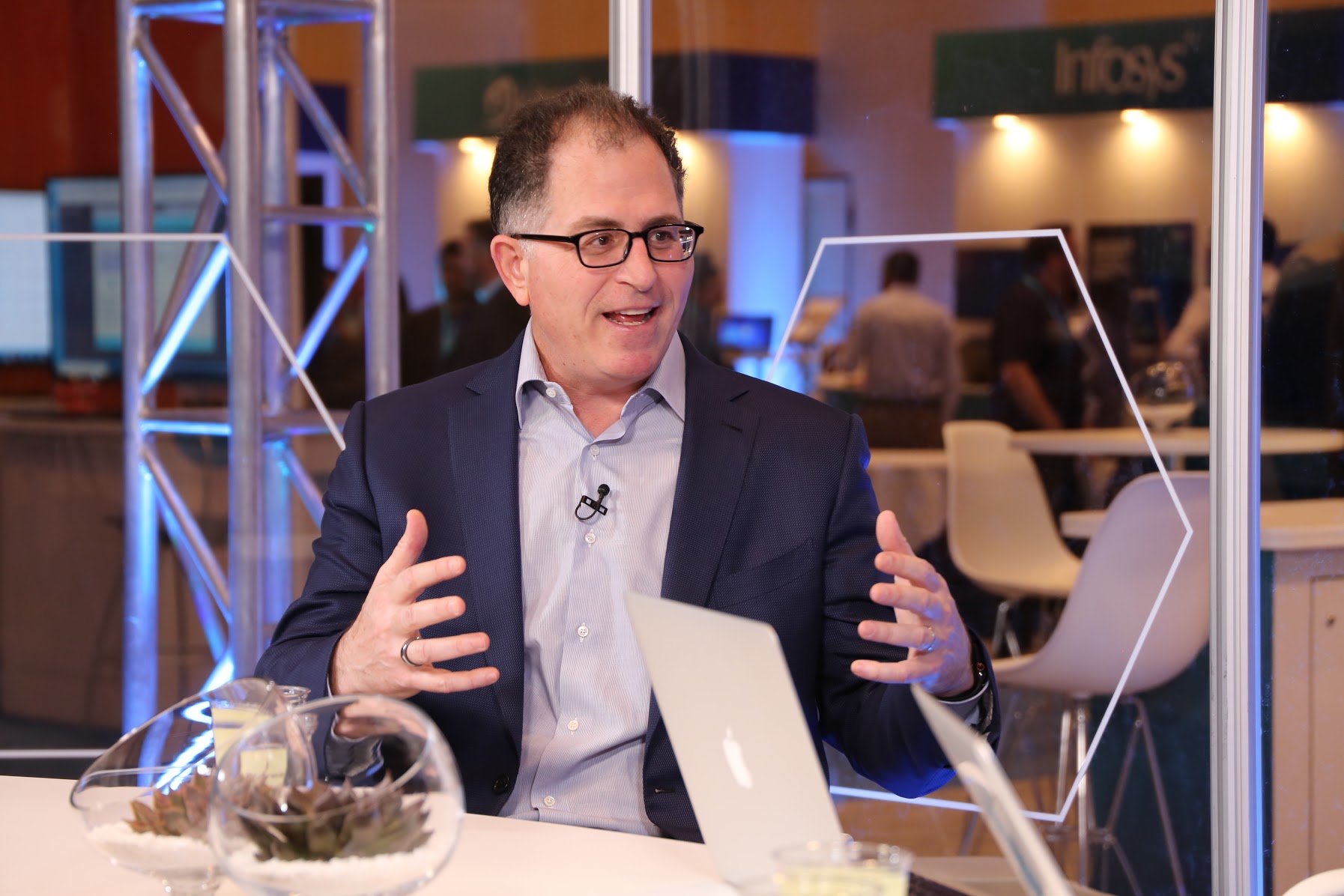 CLOUD
CLOUD
 CLOUD
CLOUD
 CLOUD
CLOUD
In a bid to boost its stock price, Dell Technologies Inc. is looking at potentially spinning off its $50 billion stake in VMware Inc., or alternatively buying the rest of the publicly held computer virtualization services company.
That’s according to a report today in the Wall Street Journal, citing people familiar with the situation who said both companies are working with advisers on possible moves. The report also said the companies are at an early stage of these considerations and might not take either action.
The goal would be to unlock value from the computer giant’s 81% stake in VMware, which is almost entirely discounted as part of the expansive Dell family of companies. Another goal might be to reduce Dell’s $48 billion in debt incurred when it bought storage giant EMC Corp. in 2016.
In after-hours trading today, Dell’s shares rose more than 18%, and VMware’s share were up almost 10%. Moreover, Dell’s stock has been mostly flat since its most recent public offering of stock in 2018, even as the tech-focused Nasdaq index has risen by 50%.
“The prospect of lifting the liquidity from the conglomerate discount is enticing for investors,” said Dave Vellante, a longtime Dell watcher and chief analyst at SiliconANGLE sister market research firm Wikibon. “One investment angle has been that owning Dell shares was a cheap way to buy into VMware and a spinout would reward Dell shareholders. But it would also untether Dell from its most strategic asset and leave it exposed as a low margin business with little software in its portfolio” said Vellante.
But moves may not happen very soon. According to the Journal, Dell would have to pay considerable taxes to spin off the VMware stake before September 2021 because a rule requires both companies involved in a spinoff to operate continuously for five years to get tax-free treatment.
Dell and VMware on May 28 both posted better-than-expected financial results, sending their stocks soaring. Both companies enjoyed tailwinds from the impact of the pandemic — VMware with licenses for its growing line of end-user computing products such as virtual desktop infrastructure and Dell for strong personal computer sales as home-working employees beefed up their desktop horsepower. Even so, Dell continued to struggle with growth in enterprise systems and storage.
VMware in particular has seen strong growth thanks to a multiyear effort to provide technologies for hybrid cloud setups in which companies combine their on-premises data centers where VMware dominates with public cloud services from the likes of Amazon Web Services Inc., with which VMware has a strong relationship.
Support our mission to keep content open and free by engaging with theCUBE community. Join theCUBE’s Alumni Trust Network, where technology leaders connect, share intelligence and create opportunities.
Founded by tech visionaries John Furrier and Dave Vellante, SiliconANGLE Media has built a dynamic ecosystem of industry-leading digital media brands that reach 15+ million elite tech professionals. Our new proprietary theCUBE AI Video Cloud is breaking ground in audience interaction, leveraging theCUBEai.com neural network to help technology companies make data-driven decisions and stay at the forefront of industry conversations.